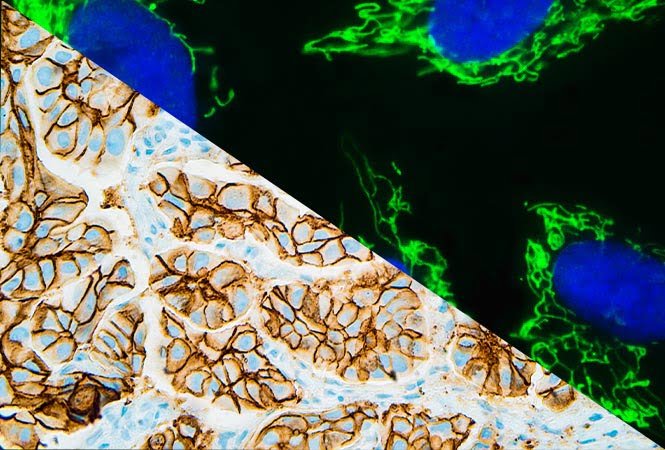The Importance of Loading Control Antibodies
When conducting experiments, it is crucial to have accurate and reliable results. One way to ensure this is by using loading control antibodies. These antibodies are essential tools in Western blotting and other protein analysis techniques.
What exactly do loading control antibodies do? They target proteins that are expressed constitutively and at relatively constant levels in all samples. By using loading control antibodies, researchers can compare the levels of their protein of interest with the levels of the loading control protein, providing a normalization factor for accurate analysis.
Epitope Tag Antibodies for Precise Protein Detection
Epitope tags are short peptide sequences that are genetically fused to a protein of interest. These tags allow for the specific detection and purification of the tagged protein. Epitope tag antibodies are designed to specifically recognize and bind to these tags, enabling researchers to easily detect and analyze the protein of interest.
Using epitope tag antibodies has many advantages. They are highly specific, allowing for precise detection of the tagged protein. They also have a wide range of applications, including Western blotting, immunofluorescence, and immunoprecipitation. Epitope tag antibodies are valuable tools for both basic research and drug discovery.
Cell Marker Antibodies for Identifying Specific Cell Types
Cell marker antibodies are crucial for identifying and characterizing specific cell types in a complex mixture. These antibodies target unique cell surface markers that are expressed only on certain cell types, allowing researchers to distinguish between different cell populations.
Cell marker antibodies are widely used in flow cytometry, immunohistochemistry, and immunofluorescence techniques. By specifically binding to cell surface markers, these antibodies enable researchers to analyze and sort cells based on their specific characteristics. This is particularly important in fields such as cancer research and stem cell biology.
